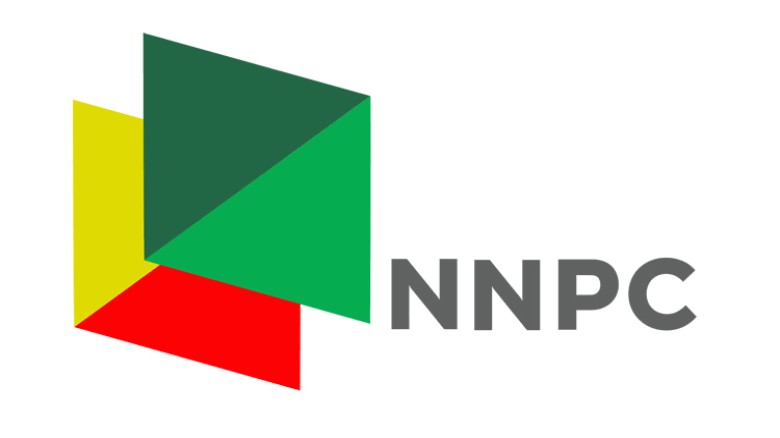EFCC faults fintech over fraud among unbanked and middle class
The Economic and Financial Crimes Commission is increasingly concerned about the rise in fraudulent operations in Nigeria's financial sector, which primarily targets the unbanked, underserved, and middle-class people.Ola Olukoyede, EFCC Chairman, made these statements at a recent stakeholder engagement in Abuja. He highlighted a disturbing trend of certain fintech companies failing to adopt basic Know Your Customer policies, which he feels is contributing to an increase in financial crimes.
According to Olukoyede, many fintech companies fail to follow proper KYC standards, especially when opening tier-one accounts. He stated that a lack of due diligence creates vulnerabilities that fraudsters might quickly exploit.
"There is a significant issue of poor internal control within fintechs, especially among the unbanked, the under-served, and the middle-class populations," according to Olukoyede. "Fraudsters are capitalising on these gaps, especially when tier-one accounts are opened without proper KYC verification, making it easier for them to commit fraud."
The EFCC Chairman emphasised the necessity of fintech companies reviewing their customer onboarding processes to address these vulnerabilities. He also advocated for increased engagement between fintech companies and the EFCC in the battle against financial crime.
Olukoyede advised fintech companies to see themselves as major stakeholders in the anti-corruption campaign, emphasising the importance of responding quickly to regulatory enquiries and collaborating closely with the EFCC to improve internal controls and prevent fraud.
"Increasing participation with the EFCC indicates that you consider yourselves as partners in the battle against corruption. "We need your active cooperation, especially when we make requests," Olukoyede stated. "By strengthening your systems and implementing better internal controls, you can reduce fraud risks within your platforms."
The EFCC also stated a willingness to work with Moniepoint and other fintech companies to address fraud-related issues, emphasising the importance of such collaborations in combating financial crime.
A new report from the Financial Institutions Training Centre (FITC) reveals the growing prevalence of fraud in Nigeria's banking system. Between April and June 2024, Nigerian banks lost N42.6 billion to fraud, a significant increase from N9.4 billion lost in all of 2023.
This marks a significant 8,993% increase over the first quarter of 2024 and a 637% increase over the same time in 2023.
The majority of these losses (96.46%) were due to various fraud, such as fraudulent withdrawals and computer/web-based fraud. Fraud incidents in bank branches increased by an impressive 31,497%, while computer/web fraud increased by 1,560%. The total amount involved in fraud charges has increased by 1,784%, from N2.9 billion in Q1 to N56.3 billion in Q2 2024.
These frightening results highlight the importance of resolving weaknesses in Nigeria's financial systems and enhancing anti-fraud procedures throughout the industry.
























Leave A Comment